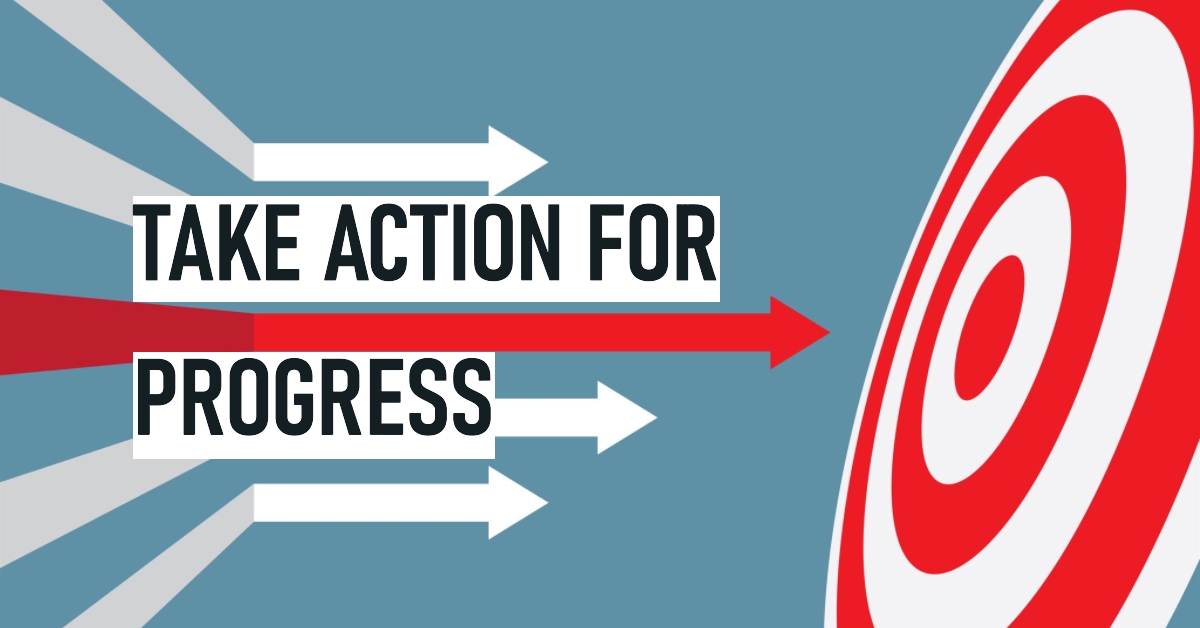Power of Action: The Key to Progress and Change
. 4 mins read

In everyday life, people often wonder whether it’s more beneficial to act on something or do nothing. While there maybe pros and cons to both choices, looking at history reveals that taking action tends to lead to progress, development, and positive change. From significant moments in people’s lives to the larger scope of human history, there are countless examples of action being more successful than inaction, confirming that it’s usually better to take action rather than do nothing.
Unleashing Potential Through Action
The world is replete with tales of individuals who dared to act, propelling themselves from obscurity to greatness. One such story is that of J.K. Rowling, whose decision to pen the first lines of “Harry Potter and the Philosopher’s Stone” while facing personal struggles ultimately led to a global literary phenomenon. Rowling’s action, despite the odds, transformed her life and captured the imaginations of millions.
Overcoming Fear and Adversity
Fear often stands as the greatest deterrent to action. Yet, history tells us that facing fear head-on and acting in spite of it can lead to incredible outcomes. The story of Rosa Parks is a testament to this. By refusing to give up her seat on a segregated bus, Parks catalyzed the Montgomery Bus Boycott and ignited the Civil Rights Movement. Her action demonstrated the power of one individual’s courage to challenge oppressive norms, forever altering the course of history.
Learning Through Doing
The concept of learning by doing resonates throughout human progress. The Wright brothers’ determination to build and fly a powered aircraft exemplifies this principle. Their repeated actions, failures, and improvements eventually culminated in the historic flight of the Flyer, changing the course of aviation forever. This story underscores the value of iterative action in achieving breakthroughs that initially seem impossible.
Seizing Opportunities
Opportunities are often fleeting, requiring prompt action for realization. The tale of Alexander Graham Bell’s invention of the telephone showcases this truth. Elisha Gray, another inventor, was on the verge of patenting a similar device. However, Bell’s swift legal action secured his claim to the telephone’s invention. This story underscores the importance of seizing opportunities with decisive action, ensuring that innovation is duly recognized.
Catalyzing Social Change
Societal progress often hinges on the actions of passionate individuals and groups. Malala Yousafzai’s fight for girls’ education in Pakistan is a striking example. Her resilience and determination in the face of adversity led to global recognition and the Nobel Peace Prize. Malala’s actions not only inspired change in her own country but also sparked conversations around the world about the importance of education and gender equality.
The Ripple Effect
Actions have the power to create a ripple effect, influencing others in unexpected ways. The story of Mahatma Gandhi’s Salt March in India serves as a poignant example. Gandhi’s nonviolent protest against British salt taxes sparked a movement that galvanized the Indian population and garnered international attention. His action set off a series of events that ultimately contributed to India’s independence.
Breaking Stagnation
Inaction often leads to stagnation, while action propels momentum and innovation. The story of Steve Jobs’ return to Apple in 1997 illustrates this principle. Faced with a company on the brink of collapse, Jobs took bold actions to revitalize Apple’s products and culture. His actions transformed Apple into one of the most valuable and innovative companies in the world.
The stories of action’s triumph over inaction serve as a testament to the transformative power of taking the initiative. From the individual level to the global stage, history is replete with examples of how action, propelled by determination, courage, and innovation, can shape destinies, alter landscapes, and inspire generations. While inaction may provide temporary comfort, it is action that holds the key to unlocking human potential and achieving remarkable feats. In the grand tapestry of life, it is clear that action is not only better than inaction but also an indispensable force for progress and change.
- Self Improvement
Category: